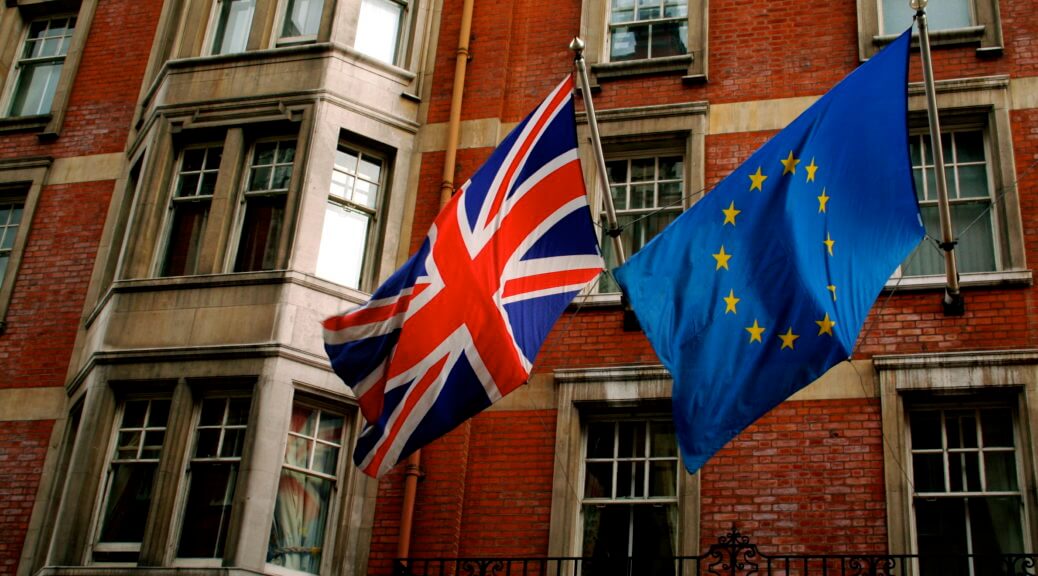
Two days ago, Britain voted to leave the European Union (EU). The “leave” option won with 52 percent of the vote, leaving elites and the media frustrated with voters for choosing what they perceive to be the “wrong” option.
My guest today to discuss Brexit is Sam Bowman, Executive Director of the Adam Smith Institute.
The EU can be thought of as three things: A trade union known as the European Economic Area (or EEA), a currency union (the Euro) which Britain was never a part of, and a central regulatory body.
The EU has been around in one form or another since the 1950s. Although its primary function was always to facilitate trade among European states, its ultimate goal was to prevent Europe from falling back into the brutal wars that had consumed it during the first half of the twentieth century. The Union brought freedom of movement for goods and services and for people across member states.
This freedom of migration only became controversial after the fall of the Berlin Wall. Many poorer states in Eastern Europe joined the EU in the 1990s, creating the opportunity for large numbers of economic migrants to enter the wealthier states of Western Europe (a good thing, from my perspective!). Opposition to open migration was one motivating factor for some in the Leave campaign, but it wasn’t the only factor.
Many older Brits who voted to leave did so out of a desire for national sovereignty. The most important legislative body in the EU is the European Commission, the members of which are appointed by the various states. There’s a democratically elected European Parliament, but it is less influential than the Commission, having only the power to approve or reject proposals by the Commission.
The members of the Commission are appointed to specific roles. So, for instance, a Slovenian is in charge of transport policy for the entire EU, a Lithuanian is in charge of health and food safety, and a Portuguese politician is in charge of research, science, and innovation. Many in the Leave camp resented having British policy set by unelected politicians from other countries.
What’s next for the UK?
While the Leave campaign may have won the referendum, they don’t control policy going forward. The only thing that must occur is for Britain to exit the EU. It doesn’t have to adopt any other of the Leave campaign’s policy goals.
Sam argues that the best option for the UK would be to stay in the European Economic Area (EEA) and the European Free Trade Association (EFTA). This EEA option would maintain the economic benefits of free trade with the EU. This would place Britain in a similar position to Norway and Iceland, which both chose not to become EU member states while participating in the EEA. Britain could also aim for a trade agreement that is tailored to its particular needs, like that of Switzerland.
Brexit puts the EU in a bit of a bind. If they work out a favourable deal with Britain, other states might try to leave once they observe how painless it is. But if the EU adopts a punitive stance towards the UK it could send a bad signal to the other states. Just how voluntary is this club if you’re punished for quitting?
Additional Links:
Sam Bowman on Twitter.
More details about the institutions of the European Union.
Download this episode.
[Photo credit: Dave Kellam.]
Subscribe to Economics Detective Radio on iTunes or Stitcher.
The post Brexit, The European Union, and the European Economic Area with Sam Bowman appeared first on The Economics Detective.


